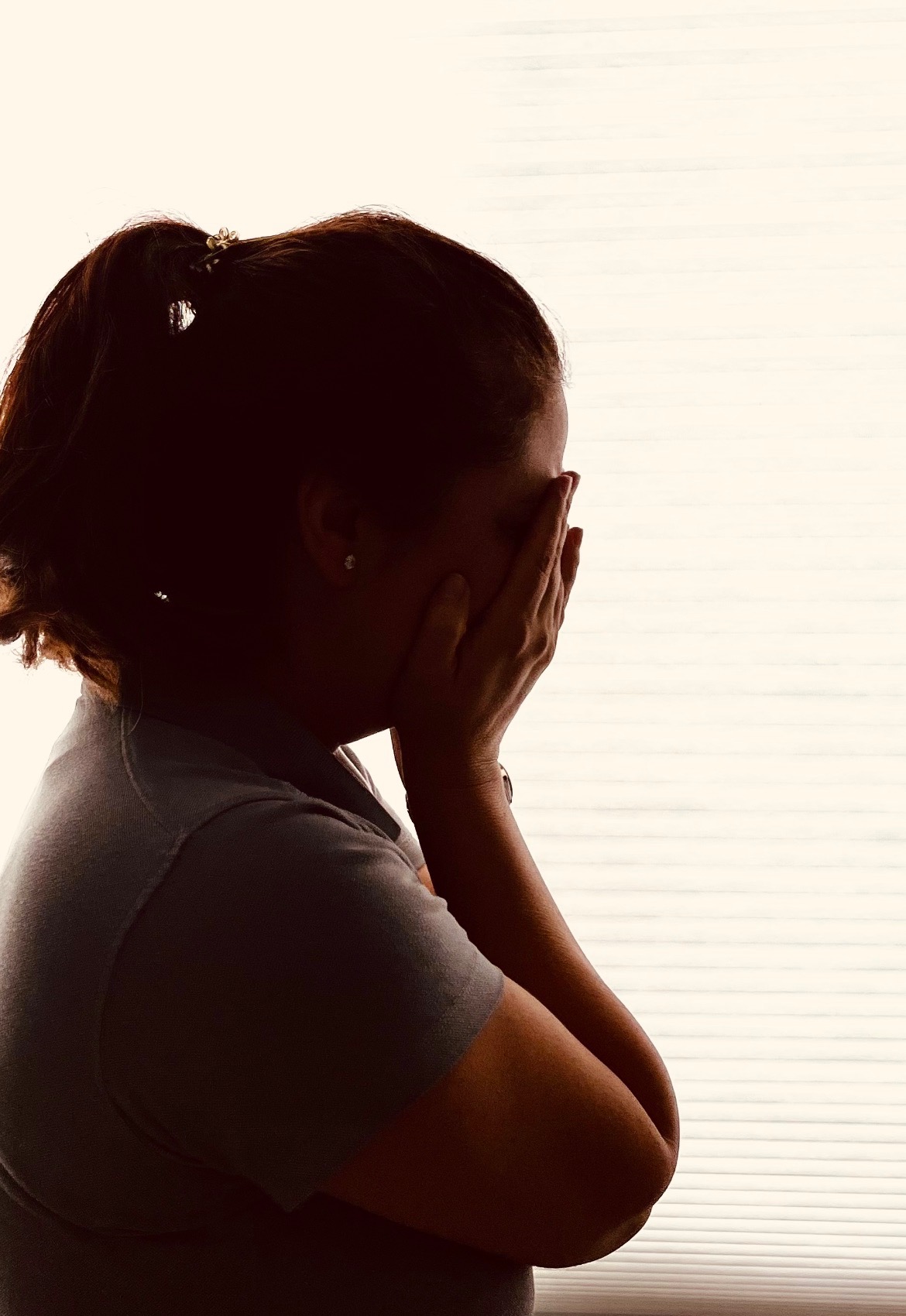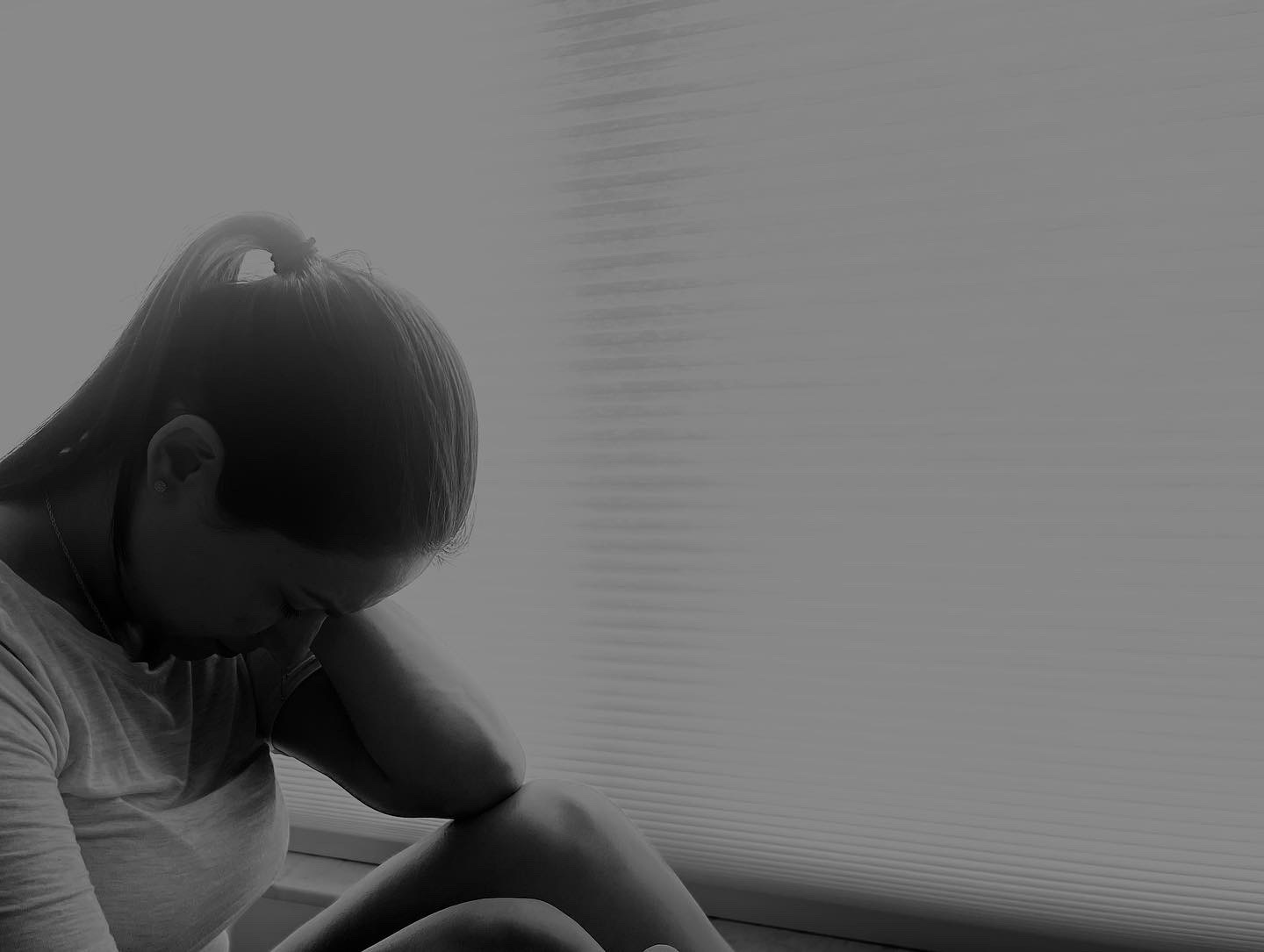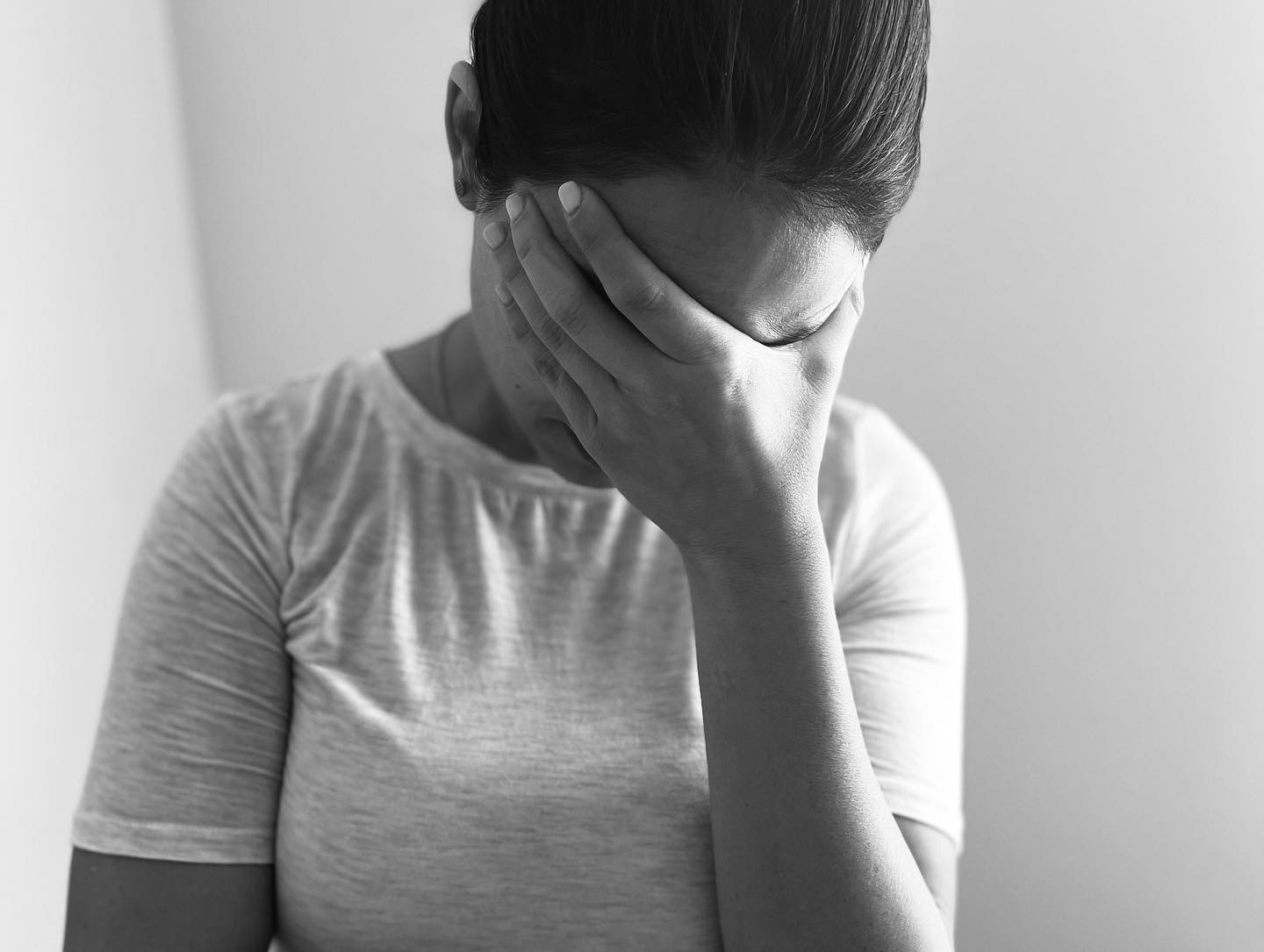Processing Grief with Massage
Loss can be a devastating occurrence in life. When it comes to grieving, receiving a massage could help, when you’re at a loss for words and physical touch is a source of emotional healing.
Today, I’d like to share with you why finding comfort in a caring and nurturing massage experience may be able to help you through the grieving process.
When you have suffered a loss leaving you in heartbreak, embracing self-care is one of the loving routines you can maintain for your mind and body. It may be tempting to use in self-destructive habits, allowing yourself to numb the pain. However, adopting healthy coping mechanisms that help you walk through an emotional time, has helped many people. Receiving massage therapy while enduring the grieving process may help you cope with your loss more than you imagine.

When you undergo either constant emotional hardship or a sudden traumatic occurrence, your muscles have collected physical tension. This is a common result of any kind of stress in the body of any living being. In the example of a death, if you were close to the deceased, you may be occupied handling legal matters, funeral arrangements and comforting others. All of this new activity can leave you disconnected from your body.
Other types of loss include:
- divorce
- miscarriage
- loss of employment (being fired).
- loss of a pet
- loss of a parent
- loss of a home from natural disaster
- loss of the ability to move after a serious injury or permanent disability.
- news of a terminal illness.
When our clients at Lumina lost their family members due to the COVID-19 virus and some were unable to say goodbye in person, it was a journey we as massage therapists walked through together with them. We’ve also treated children with high levels of anxiety and depression. These are rarely issues that are addressed in professional bodywork. However, after COVID-19 the world mourned en masse together and the need to treat grief became prominent. Massage therapy is now being offered in private wellness retreats and more mental health professionals are beginning to recommend professional massage as a viable source for coping with deep loss.

Some massage therapists are trained in visual assessment; and can see where the mounting stress has created an imbalance in your posture, the way you walk and hold yourself. People that are in deep grief often hold themselves in a slouching position with their shoulders rounded down and forward. Their gaze and head posture in normally down. Depression sedates movement, minimizing proper blood and essential fluid circulation in the body. If the person is unable or unwilling to move their body, massage can be a gentle way to help them regain that necessary circulation.
A massage (with the proper intention) can create an experience where that person no longer needs to appear strong and composed to support others. There are techniques that bring a relaxation experience and softens muscle tension in a subtle way. In my experience, massage that is aggressive, vigorous and fast paced may be overwhelming to your nervous system. Techniques that are slower paced and more soothing, may calm the emotionally vulnerable. Deep pressure may be used in certain areas but communication is recommended.

Speaking to your massage therapist before the session begins and letting them know how you feel mentally, is crucial to the success of any session. Your therapist may be able to modify the massage to help you. Everyone responds to emotional pain differently. Perhaps you may want to be completely quiet, perhaps there will be moments where you will want to cry. If this happens, consider letting the tears flow. It is the body’s way of releasing stored stress. Crying is one type of emotional release but can also be in rocking an arm or a leg, twitching or moving about. I experienced a profound emotional release after a severe car accident left me in a wheelchair and unable to work for two months. I cried the moment my massage began. It was the first time I felt safe enough to do after experiencing the frustration of my physical pain and my restrictions. There was no other experience that soothed me as much as massage did that day and continued to do for the weeks to come.
Some of the physical benefits of massage is the release of endorphins in the brain, it will soothe your nervous system which in turn will help you feel relaxed mentally. On an emotional level, it can be a great relief that someone is nurturing and caring for you during this difficult time. Many massage therapists that focus on physical injuries or therapeutic conditions, are also aware on the sentimental need to care for our clients in each stage in their life. If you are experiencing deep grief, I have found that a weekly session is recommended coupled with mental health counseling.
It may be a wise choice to begin or continue your healthy habits during your time of grief. Intentionally using therapies that enhance your wellbeing may lead you into a quicker recovery. Some people may feel too distraught to care for themselves. Grieving affects our decision making skills and they can be unsure of which massage therapist to trust during such a vulnerable time. If a loved one one seems interested, asking them “are you open to getting a massage?” or “do you feel like a massage would help you?” If the answer is a resounding “yes!” consider helping them with a gift. It may help them along the road to recovery from their loss.



